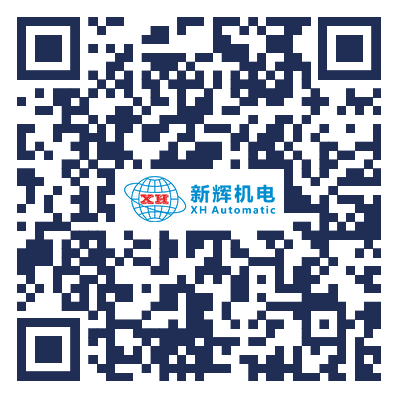Modern society demands increasingly reliable and efficient drive equipment. As core drive components, electric motors play a pivotal role across diverse industries. With rapid technological advancements and the emergence of new technologies, electric motors are facing new development trends and broad application prospects. Let us explore the development trends of modern electric motors in automation and intelligentization, as well as in new energy and green environmental protection, and look ahead to their future application prospects.
Automation and Intelligent Drive Technology
Pursuing High Precision and High Efficiency
The advent of Industry 4.0 has made automated production the core objective of manufacturing. Against this backdrop, motors must deliver greater precision, efficiency, and stability to meet the demands of automated production systems. Concurrently, the continuous advancement of intelligent control systems and sensor technologies is driving the trend toward smarter motors. By integrating sensors and control systems, intelligent motors achieve autonomous learning, automatic optimization, and smart control, bringing greater convenience to industrial production.

Enabling Fault Prediction and Remote Monitoring
The rise of smart motors has endowed them with additional capabilities such as fault prediction and remote monitoring. By analyzing sensor data, smart motors can provide early warnings and diagnose equipment failures, reducing production downtime. Furthermore, remote monitoring technology allows users to access and control motors remotely, enabling real-time monitoring and adjustment of equipment status to enhance operational efficiency.
New Energy and Green Environmental Applications
Applications in Renewable Energy Generation Systems
The widespread adoption of renewable energy accelerates innovation and development in the motor field. Motors play a vital role in wind power generation, solar photovoltaic systems, and hydroelectric power generation. Their high-efficiency conversion characteristics and adjustable speed capabilities make them indispensable components in renewable energy generation systems. Moving forward, motors will continue to drive the advancement of renewable energy, supporting the transition toward a greener energy structure.
Energy Conservation, Emission Reduction, and Environmental Sustainability
Energy conservation and emission reduction have become global priorities. As high-energy-consumption equipment, motors bear significant responsibility in energy efficiency. Motor design and manufacturing will prioritize enhanced energy efficiency through advanced materials and innovative structures, minimizing energy loss and lowering carbon emissions. Concurrently, motor recycling technologies and end-of-life motor processing will be progressively refined to achieve environmentally friendly circular utilization.
Modern electric motors are advancing toward a future defined by greater intelligence, efficiency, and environmental sustainability. Automation and intelligent drive technologies enable motors to meet increasingly complex production demands while boosting industrial productivity. New energy and green applications present fresh opportunities, propelling renewable energy development and supporting energy conservation and emission reduction goals. Looking ahead, we can anticipate the widespread adoption of electric motors across diverse sectors, contributing significantly to society's sustainable development.







